
21 Feb 2015 by Jason Law CM –
On the weekend of 13th-15th of February 2015, Reverend Edmund Chan taught in Wesley KL about impactful discipleship-making. In the earlier sessions, he shared about the challenges and misconceptions that churches are facing today. Having understood these issues will help us to produce and build strong foundations in discipleship-making.
Definition of Disciplemaking
Reverend Edmund shared that while definitions are notoriously difficult, they are vitally necessary. It is essential that we understand the meaning of discipleship if we want it to be effective. There are 4 aspects to disciplemaking:
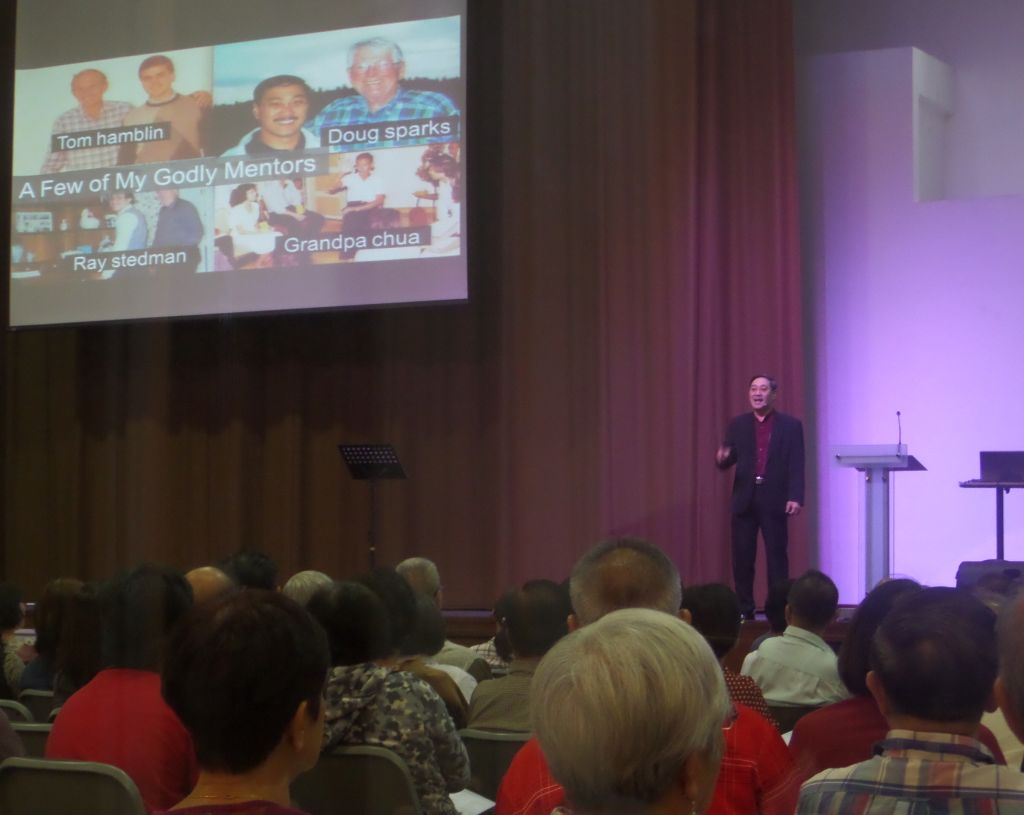
1. Bringing people into right relationship with God
Biblical disciplemaking starts with responsible evangelism and a process of bringing people into right relationship with God through Christ.
2. Developing them to full maturity in Christ
God intends for us to walk in spiritual maturity, and it is in fact one of the key emphases of the New Testament discipleship and disciplemaking (Ephesians 4:12). Intentional equipping involves restoring the wounded and the hurting with the ultimate goal of enabling people to deal with crises with confidence and authentic faith in God.

3. Through developing Growth Strategies
New converts and believers must not be left to their own to grow. Biblically-based core curriculum must be developed and intentional follow-up strategies developed. The church must be relational and there must be something for everyone; from new converts to the spiritually advanced.
4. That they might multiply the entire process in others also
Discipleship is about maximizing influence through multiplication. Fruitful disciplemaking takes spiritual multiplication as one of their core emphases and aim to leave legacies in successors after we are gone.
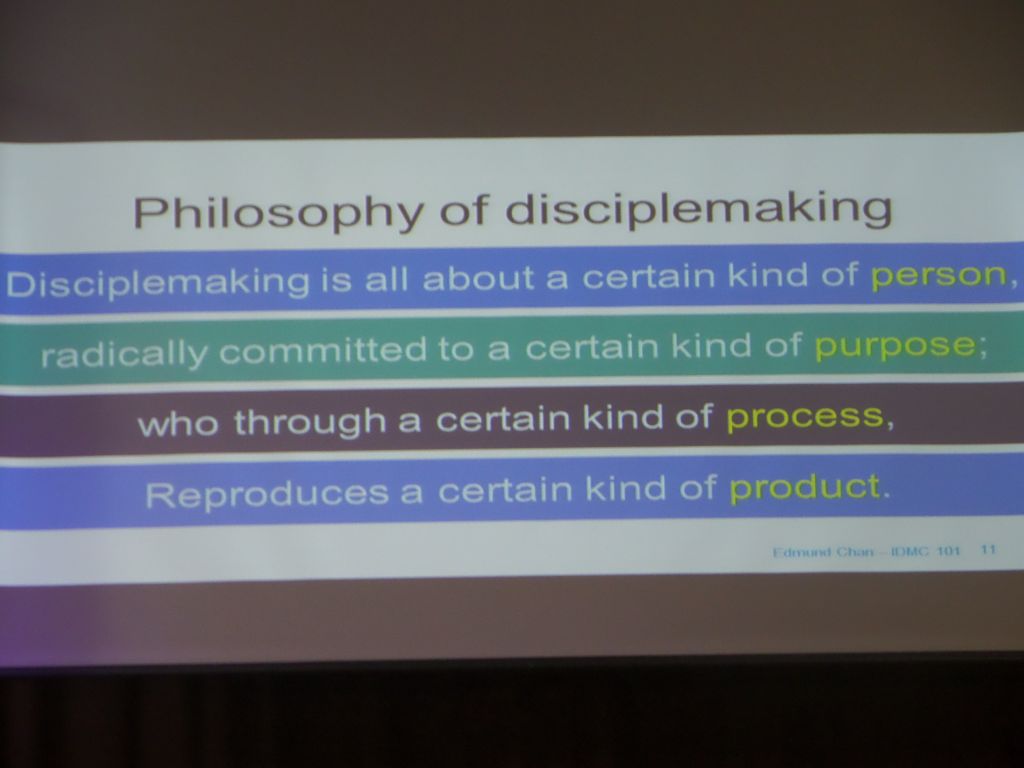
Encapsulated, the definition of disciplemaking is the “process of bringing people into right relationship with God and developing them to full maturity in Christ, through intentional growth strategies, that they might multiply the entire process in others also”.
Discipling the Inner Life: Red Bar vs Blue Bar
Discipleship involves more than the external; it also involves discipling the inner life. There are two kinds of people working in God’s Kingdom today; Red Bar people and Blue Bar people. Reverend Edmund defined Red Bar people as the “Ferrari people” while Blue Bar people are like the “ocean”. One group is defined by performance while the other is defined by depth.

Red Bar people value accomplishments and performance results. For this group, competence comes first, and they are competitive people who esteem stature, and external and visible growth.
Blue Bar people values authenticity, growth and learning. For them, character comes first and doing good flows out of being good. They esteem substance and building the inner life of both themselves and others. They have a quiet confidence and genuinely celebrate others.

Both groups genuinely love God and greatly desire to extend His Kingdom. Both have a genuine compassion for people. Both want to be used by God and for Him to be glorified through their lives. Yet the Red Bar people are often stressed and flustered, have a mindset that comes from a need for control and approval, and a danger of prioritizing on outward show. This sets a cap on them. Ultimately, we want to develop more Red Bar people into Blue Bar ones who are rested in spirit, steady and calm, have an ability to empower others, and prioritizing on the discipleship way of God.
Developing Disciplemaking Values
Blue Bar people are developed through sound disciplemaking values. Some of these are valuing spiritual maturity instead of successful programmes, the 20% in leadership empowering 80% of the church to minister instead of doing 80% of the work, churches transforming life so that disciples are made in every sphere of life, and the kinds of questions asked are not “How many attended church?” but “What kind are we producing in churches?”. The Intentional Disicplemaking Church believes in the value of one person and the power of multiplication.
Determining the Mission of Disciplemaking Churches
In order to embrace the vision of intentional disciplemaking, churches may have to break through their comfort zone and think beyond their four walls. The traditional picture of a church is synonymous with a social club, a hospital, an army boot camp, or a school.
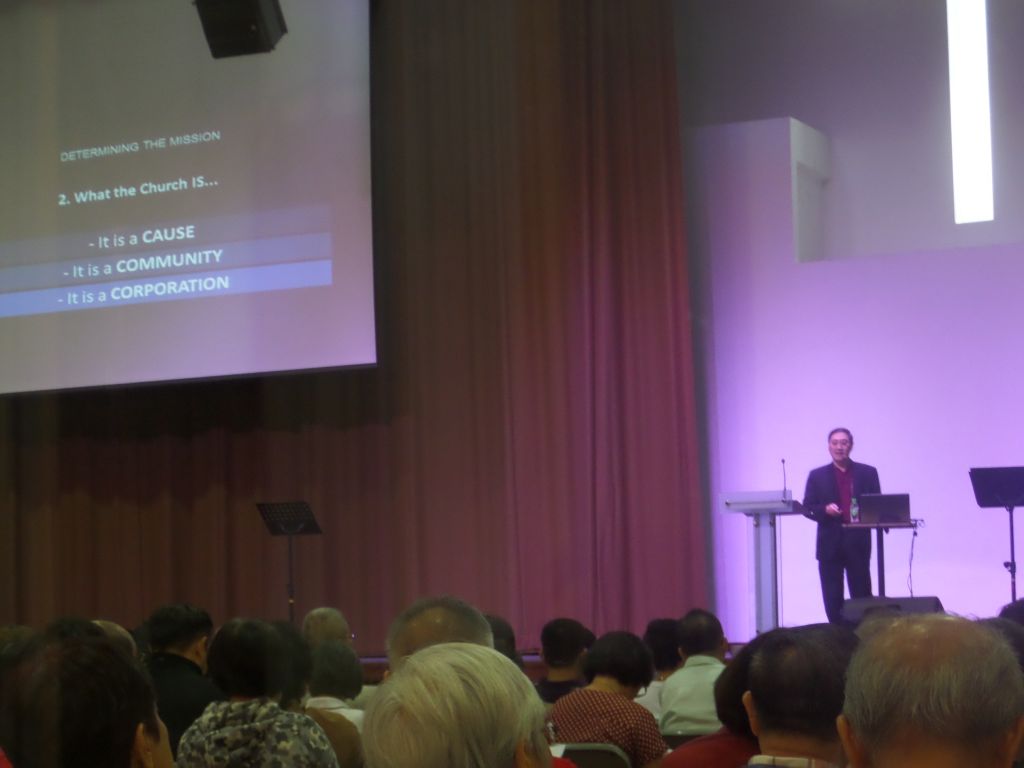
Reverend Edmund imparted that while each of this is true, it is not the complete picture and the Church is actually called to be more than that. The Church is a cause and the whole reason for its existence is to produce an effect in both the spiritual and physical realm. It is intentional. The church is also a community, not merely a social club. This involves accountability and a genuine concern for the members within it. As a corporation, the church may require guidelines to keep it on track but these guidelines must come from God as CEO and His word as directives.
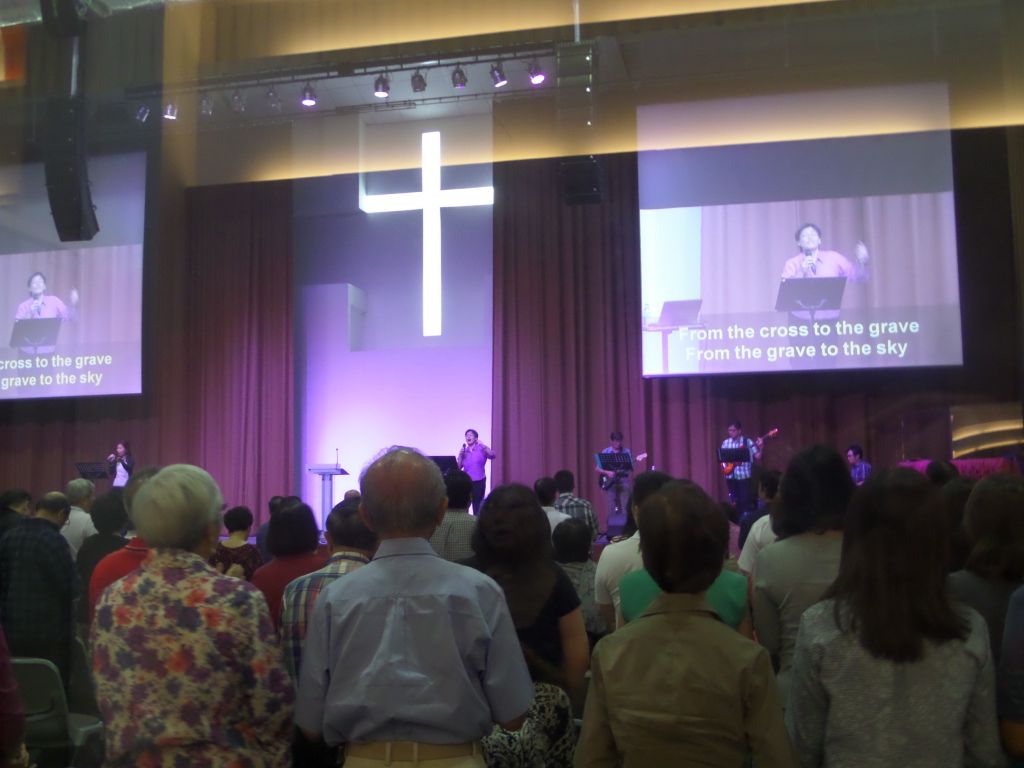
It takes deep convictions, clear strategy and concrete vehicles to produce IDMCs. Churches can start by establishing Biblical foundations and championing the disciplemaking vision. From there, we can launch prototypes and concretize vehicles for implementation of visions, before finally establishing the discipleship infrastructure.
At the Heart of Disciplemaking
Huge parts of the Church today are facing a tragedy of a lack of depth in the Gospel message. Reverend Edmund describes the situation:
Doing has superseded being. Accomplishment has superseded authenticity. Goals supersede growth. Ministry supersedes maturity.
While goals and accomplishments are useful in providing direction, the heart of the Gospel is the call to BE, not just to DO. God intends for disciplemaking to be the core mission of the Church, and that discipleship must come through spiritual authenticity. The Church loses its meaning if we neglect the discipleship calling. It is time that we make a radical commitment to Jesus Christ and His Great Commission.
|Share The Good News|
Disclaimer: This article is written to report the content by the speaker as much as possible, according to the recording by the author. It is not comprehensive and not vetted by Wesley Methodist Church KL.


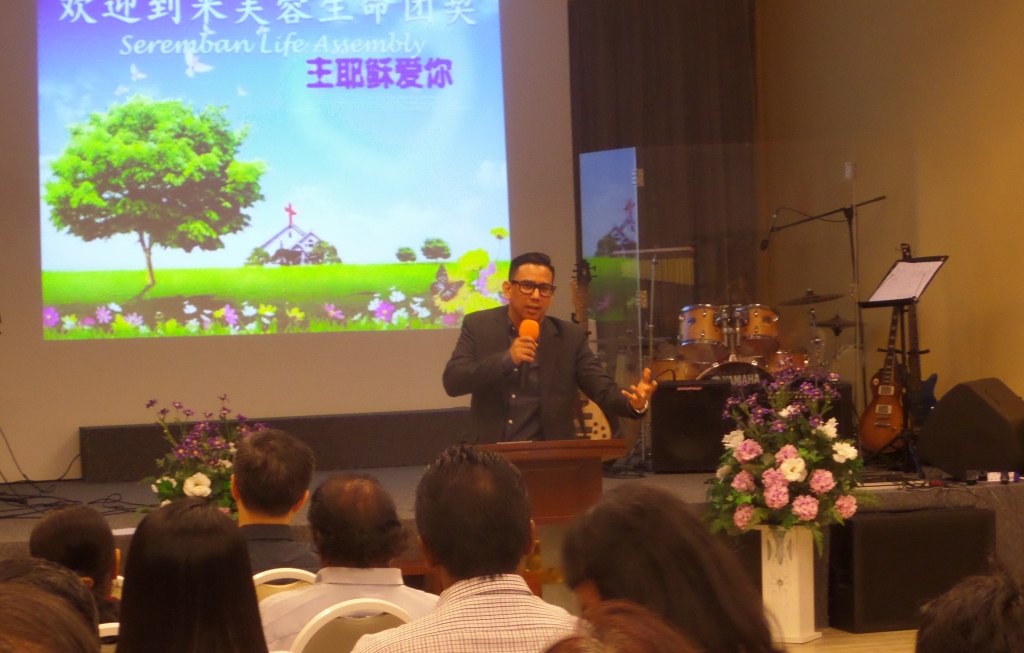

Leave a Reply